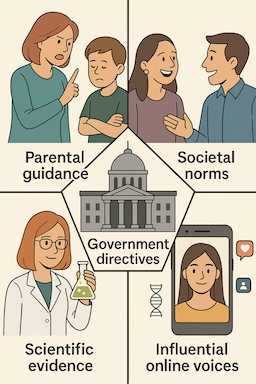[Submitted on 24 Jun 2025]
Abstract:This essay proposes a reconceptualization of mathematics as an experimental science exploring patterns in computation and what the advent of AI-assited provers might imply in light of this reconceptualization. Beginning with Voevodsky's crisis of confidence, where a major result remained in limbo for 24 years, neither proven nor refuted, we argue that mathematics is not the discovery of eternal truths but theory-building in response to computational experiments. Just as physicists build theories to explain patterns in physical measurements, mathematicians build axiomatic frameworks to explain patterns observed through calculation and proof. In this view, mathematical truth is not about correspondence to platonic reality but about successful prediction of computational outcomes; contradictions indicate failed theories rather than logical impossibilities. This framework dissolves longstanding puzzles: it explains why intuition often outpaces rigor, why multiple frameworks are often necessary to capture the same phenomena (pluralism), and why mathematics is "unreasonably effective" in physics. Understanding mathematics as an experimental science illuminates both its power and its limits, suggesting that consistency in use, rather than deduction from axioms, is the true marker of mathematical understanding.Submission history
From: Asvin G [view email]
[v1]
Tue, 24 Jun 2025 16:52:50 UTC (15 KB)
.png)



